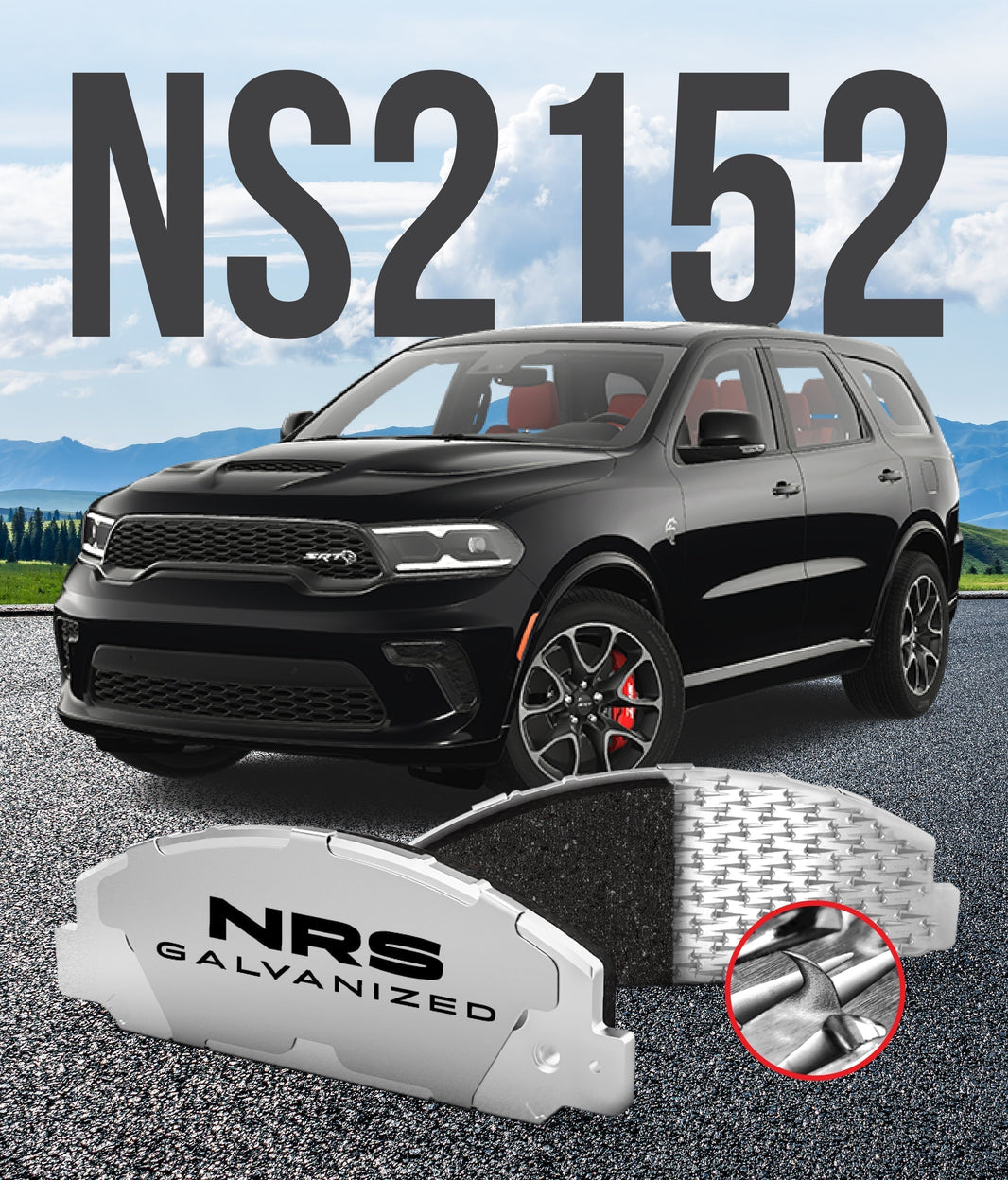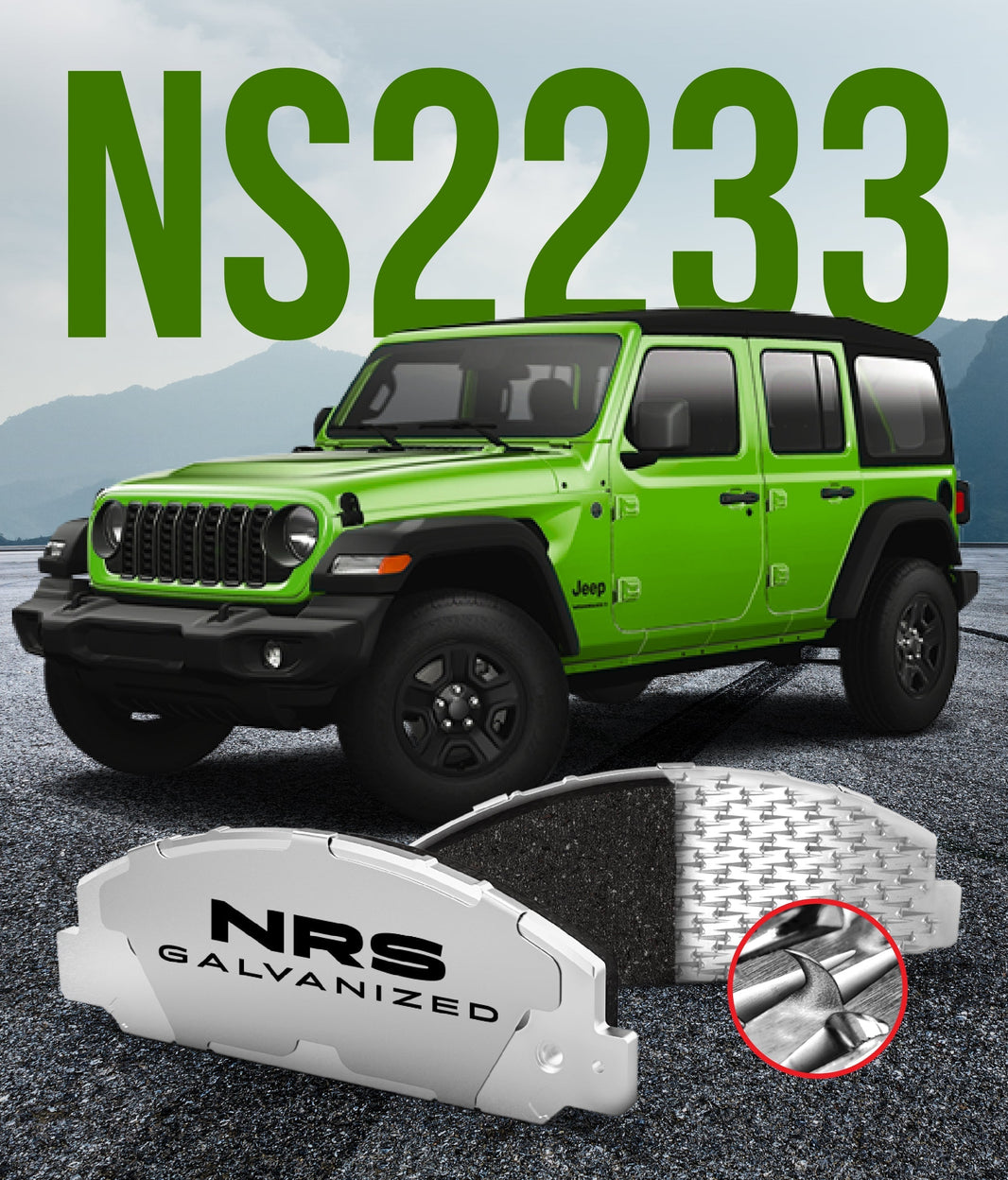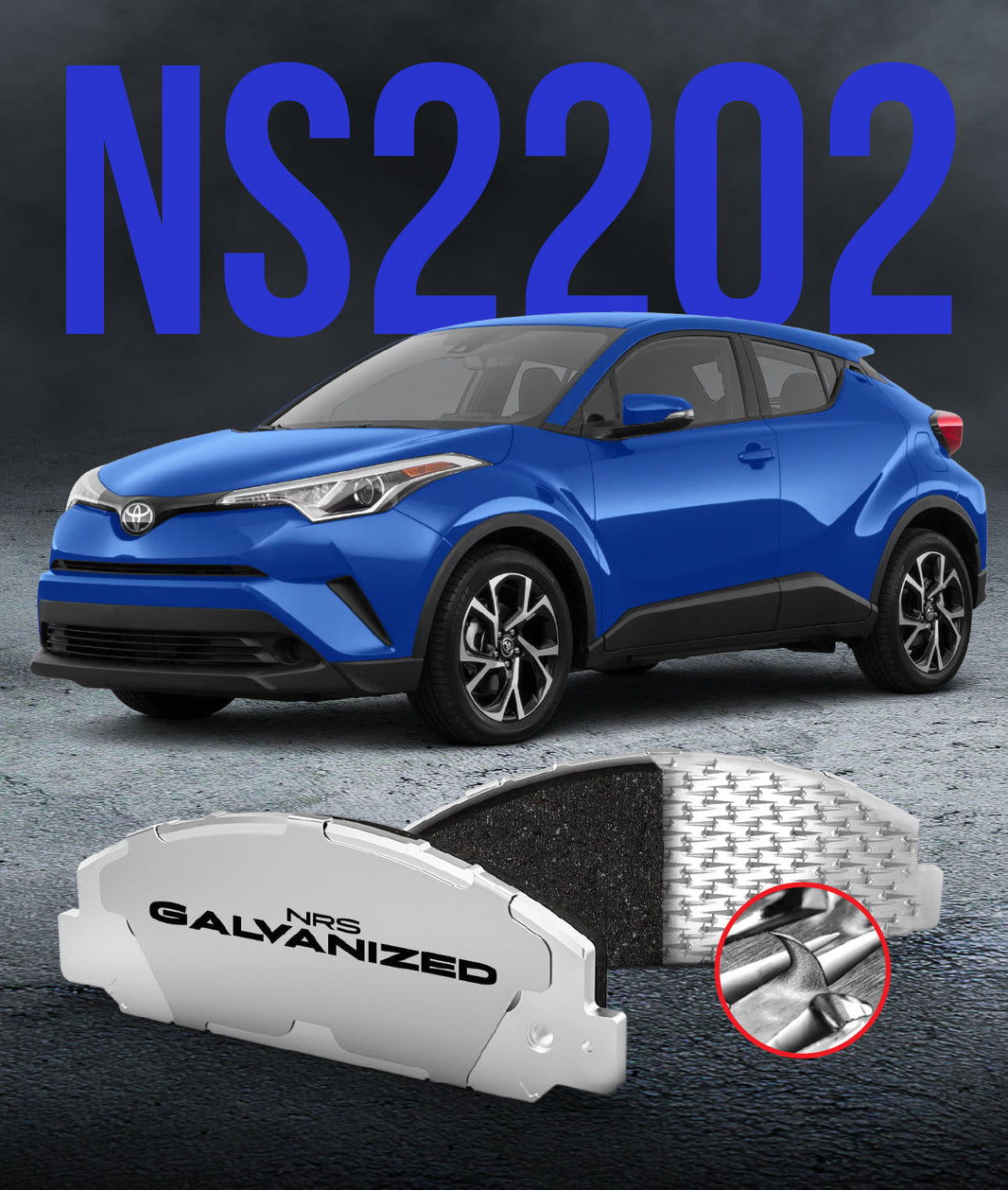
The Toyota Camry is virtually synonymous with dependability. Year after year it continues to be rated one of the most reliable mid size cars on the market. Yet, a car is only as dependable as its brakes.
Worn brake pads are one of the most common failure points on a vehicle. To ensure your Camry remains a car you can count on, you’ll want to stay on top of your brake pads.
What do brake pads do?
Brake pads are designed to convert the kinetic energy of a moving car into heat. This is accomplished through friction.
Brake pads are made of a friction material and a backing. The backing holds the friction material in place and allows the brake pad to connect to the calipers. When the driver brakes, the calipers squeeze the friction material to each wheel’s brake disc. The friction material rubs against the disc creating converting the car’s kinetic energy into heat. The heat is more easily dissipated than kinetic energy, allowing the car to stop.
Overtime, the rubbing of the friction material against the brake disc wears away at the brake pad. This reduces its ability to brake effectively and requires that the brake pad be replaced. If worn brake pads are not replaced, the vehicle may not be able to stop, putting the driver and those around them at risk.
How long do brake pads last?
There are a number of factors that influence the life of your Camry brake pads. Brakes subjected to the stop and go traffic of the city will wear more quickly than those on a car that spends more time cruising on the highway. Likewise, brakes wear more quickly for drivers who ride the brake as they drive or have a habit of accelerating only to slam on the brakes every time they want to slow down.
Additionally, the material used in the brake pad’s construction plays an important role. Organic brake pads are inexpensive, but they tend to wear out quickly. Ceramic brake pads are on the opposite end of the spectrum. They can be very expensive, but they last the longest. Semi-metallic rides somewhere in the middle.
Because of all this variability, brake pads tend to last between 30,000 and 70,000 miles but this can vary based on individual use. However, high quality brake pads, such as NRS galvanized brake pads can last over 100,000 miles.
Signs It’s Time to Change Your Brake Pads
There are four key signs that suggest it may be time to change your brakes. Take your Toyota Camry in for inspection if you encounter any of the following.
Squealing or screeching noises.
Brakes are designed to make a sharp squealing noise when they are nearing the end of their life. This is due to a small metal attachment in the brake pad backing. It sounds something like nails on a chalkboard.
Metallic grinding.
When the friction material has completely worn away, the brakes will make a deep, metallic grinding or growling sound. This is caused by the brake backing rubbing along the brake disc. This indicates a serious problem. If this occurs, you should take your Camry in to have the brakes changed right away.
Less than a quarter inch.
If you notice there is less than a quarter inch (half a centimeter) of friction material left on your brake pads, they need to be replaced. Regular inspection of this kind can allow you to catch worn brakes before any of the other signs appear. When it comes to brake safety it is far better to be proactive than reactive.
NRS brakes are the best brake pads for your Camry
Quality brake pads can be hard to find, especially when they need to be as reliable as your Toyota Camry. NRS brake pads are the best choice for dependable vehicles.
Their corrosion resistant construction and premium friction materials ensure they won’t rust or delaminate, no matter the conditions. Additionally, testing shows cars with NRS brakes stop faster than cars using competitive products. They are longer lasting and safer than traditional brake pads.
To learn more about why NRS brake pads are the best choice for your Toyota Camry, check out NRS brakes online.




